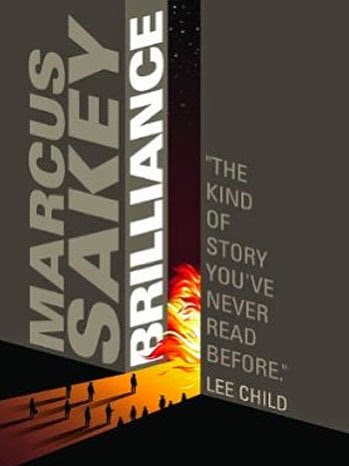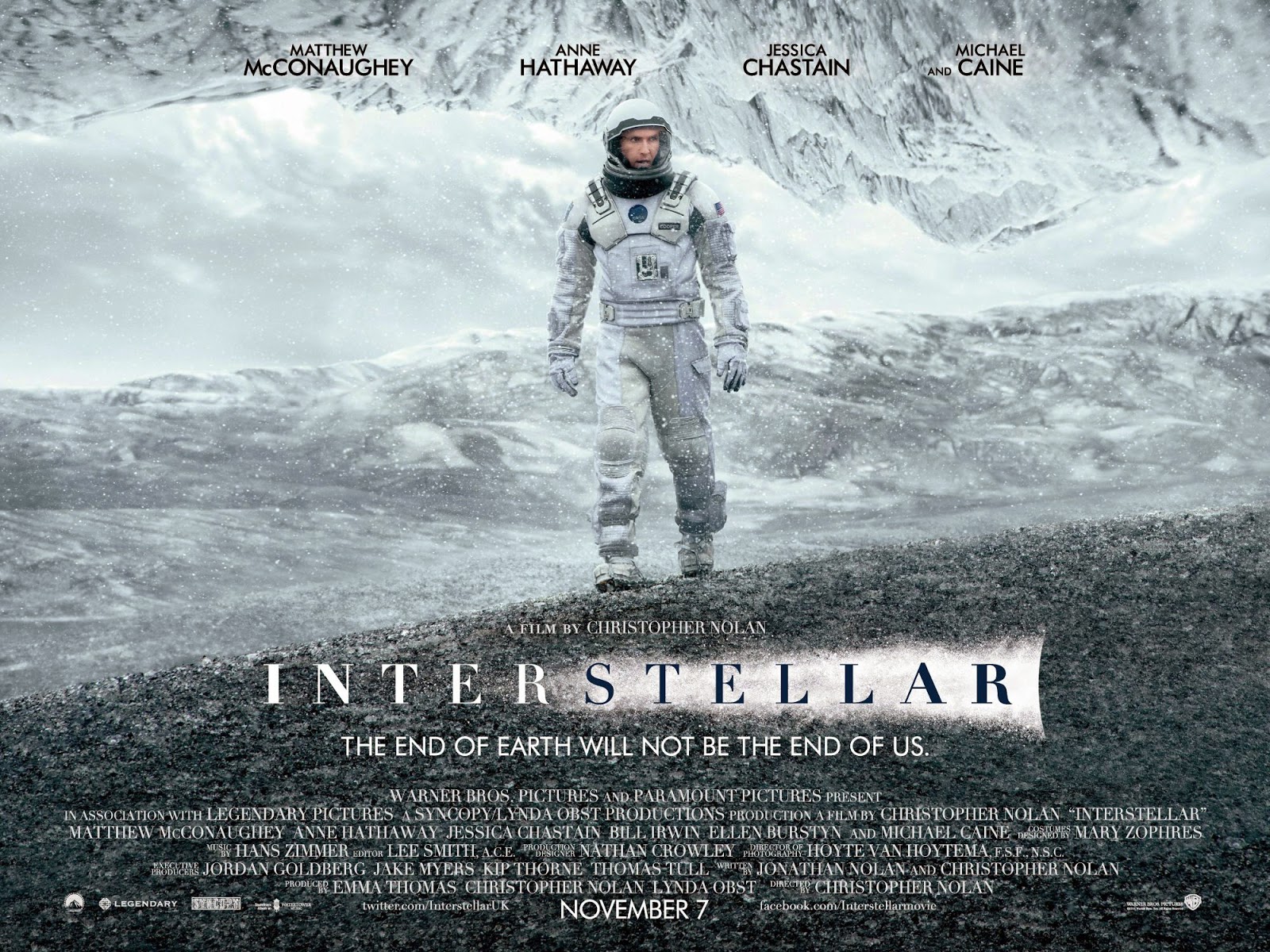The Mighty Jewmanberg’s Super Syndicate: When Heroes Divorce contains two discrete stories: the title novella, involving superheroes, family, and a terrible drug called Shine; and a shorter story titled Sundown: Don’t Die Again, an urban fantasy piece.
Super Syndicate is very much a high-concept story, both funny and light-hearted. Themes of separation and reconciliation are woven throughout the text, with mixed results. Least effective was the subplot involving Gravnarr and Pulsana, a superhero couple feuding over an issue that happened off-camera and bolstered by the conceit that everyone from Grav and Pulse’s planet was born…emotional. Introduced early, solved in the middle, and forgotten at the end, the narrative would’ve been better off without it. Morris and Lisa’s story was a bit more poignant despite the light-hearted tone, and used a magic bracelet as a metaphor for a child caught in the middle of an acrimonious divorce. The theme of family was handled well with Marco, captain of the Super Syndicate, and his brother Vincenzo, leader of the Empire Elite superhero team, and the interplay between characters as both rivals and family members was a joy to read.
At times witty, at other times subtle, the humor in the story put The Mighty Jewmanberg’s comedy chops on display. He has a gift with dialogue, and some parts had me laughing aloud. MJ also adopts a didactic style in his writing, explaining things to the reader like your dad telling you a bedtime story. The light-hearted tone made it work.
Sundown: Don’t Die Again wasn’t as explanatory in style, though it maintained that lighter tone. Unfortunately, while the concept was interesting, the execution needed work. This was a story with dark themes, and MJ’s humorous style didn’t fit as well. Feeling more like an introduction to a story than a complete narrative, I was left wanting more. Hopefully in future works we’ll see Jack Mitchell again.
Overall, MJ has written a couple of stories worth your time, especially if you’re in the target audience: early-to-mid teens. Four stars out of five.






